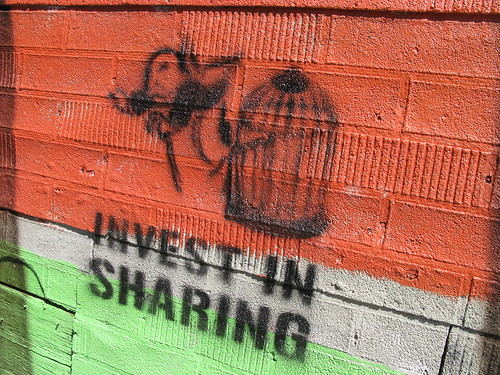 Sharing knowledge has fundamentally changed our world. That was the message from futurist Mark Pesce, who delivered the keynote address at the 2008 Innovative Technology in Schools (ITSC) Conference in Sydney.
Sharing knowledge has fundamentally changed our world. That was the message from futurist Mark Pesce, who delivered the keynote address at the 2008 Innovative Technology in Schools (ITSC) Conference in Sydney.
Part of the Digital Cultures Program at the University of Sydney, Pesce discussed the Ruby Anniversary of the most important day in the annals of computer science, the demo of the Online system or NLS and its implications for the world we live in.
Led by Dr Douglas Engelbart, the wunderkind of a Stanford Uni thinktank, the day marked the most famous computer demo ever, now known as the Mother of All Demos. This day in 1968 changed the entire future of computing and was a response to Engelbart’s belief that human civilisation would collapse under the weight of its own complexity.
Engelbart’s solution was to develop tools that could “augment human intelligence”. The NLS was his answer to the question of: “How could you make human beings smarter?” The answer: connect human beings to other human beings and allow people to collaboratively share and build on ideas. This was, in essence, the very first wiki in 1968, 20 years before the web came into being.
“The Mother of all demos” set the stage for the world we are living in now and foreshadowed projects like Wikipedia that allow us to build a massive repository of human knowledge. In January, 2002, Wikipedia had 14,000 articles – it now has 2,650,726 articles in English.
Pesce challenged people to use opportunities like ITSC, to “realise your intelligence and effectiveness through sharing.”
“The more something is shared the more valuable it becomes”.
He said while sharing “is not a panacea, it is simply the best approach now to the problems that are facing us.”
MANY HANDS MAKE LIGHT WORK nka Crowdsourcing
Links: blog.futurestreetconsulting.com
Image: ‘invest in sharing’
www.flickr.com/photos/48889113547@N01/2667847439
http://debrennersmith.blogspot.com/
This is an awesome post about sharing. I share lessons about reading and writing daily on my site.